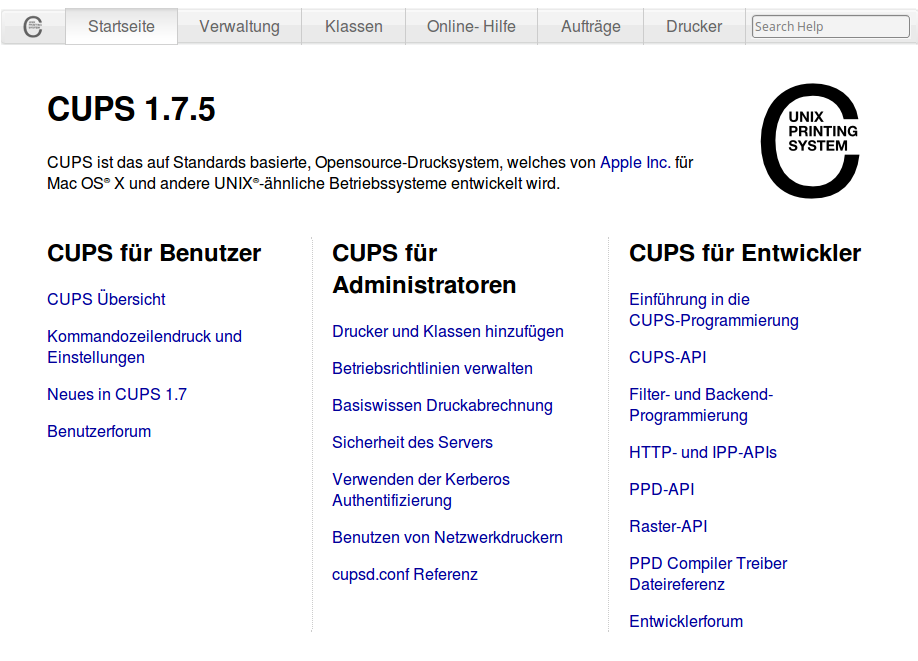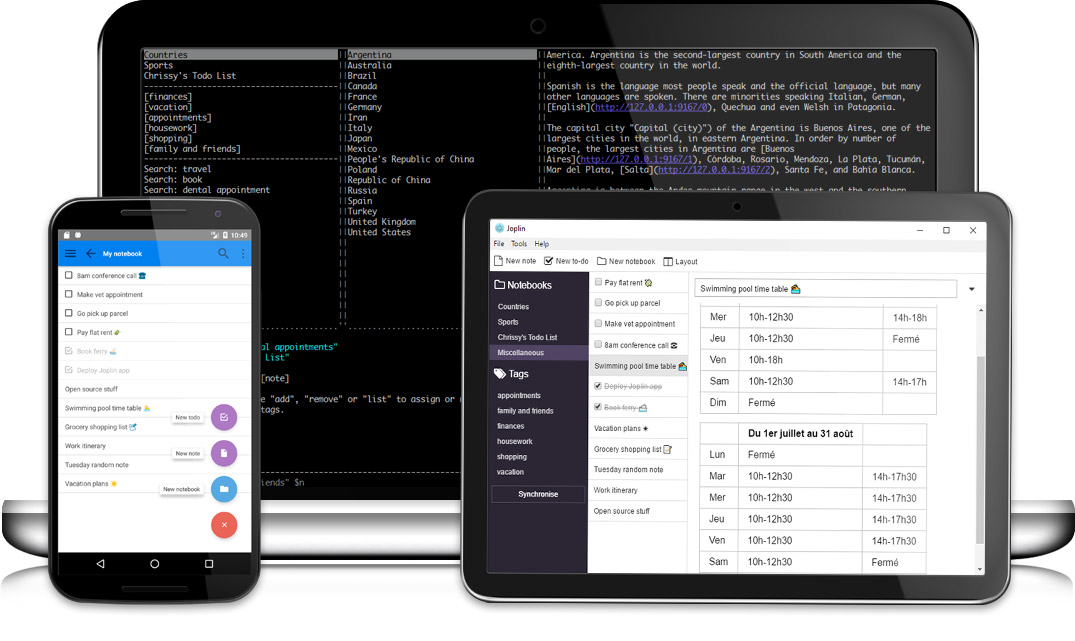NVMe Firmware - Daten werden benötigt
Linux
1
Beiträge
1
Kommentatoren
755
Aufrufe
-
Für die NVMe SSDs gibt es ja Fireware-Tools, die alle unter M$ laufen, soweit ich weiß. Hier sammelt jemand Daten um das auch für Linux / Ubuntu möglich zu machen.
Da ich auf einem ROCKPro64 eine laufen habe, habe ich das mal eben ausprobiert.
Installation
rock64@rockpro64v2_0:~$ sudo apt-get install nvme-cli [sudo] password for rock64: Paketlisten werden gelesen... Fertig Abhängigkeitsbaum wird aufgebaut. Statusinformationen werden eingelesen.... Fertig Die folgenden NEUEN Pakete werden installiert: nvme-cli 0 aktualisiert, 1 neu installiert, 0 zu entfernen und 0 nicht aktualisiert. Es müssen 177 kB an Archiven heruntergeladen werden. Nach dieser Operation werden 382 kB Plattenplatz zusätzlich benutzt. Holen:1 http://ports.ubuntu.com/ubuntu-ports bionic/universe arm64 nvme-cli arm64 1.5-1 [177 kB] Es wurden 177 kB in 0 s geholt (783 kB/s). Vormals nicht ausgewähltes Paket nvme-cli wird gewählt. (Lese Datenbank ... 70104 Dateien und Verzeichnisse sind derzeit installiert.) Vorbereitung zum Entpacken von .../nvme-cli_1.5-1_arm64.deb ... Entpacken von nvme-cli (1.5-1) ... nvme-cli (1.5-1) wird eingerichtet ...Infos sammeln
rock64@rockpro64v2_0:~$ sudo nvme id-ctrl --raw-binary /dev/nvme0 > /tmp/id-ctrl binary outputDaten übermitteln
rock64@rockpro64v2_0:~$ curl -F type=nvme -F "machine_id="`cat /etc/machine-id` -F file=@/tmp/id-ctrl https://staging.fwupd.org/lvfs/upload_hwinfo { "success": true }Der Autor

